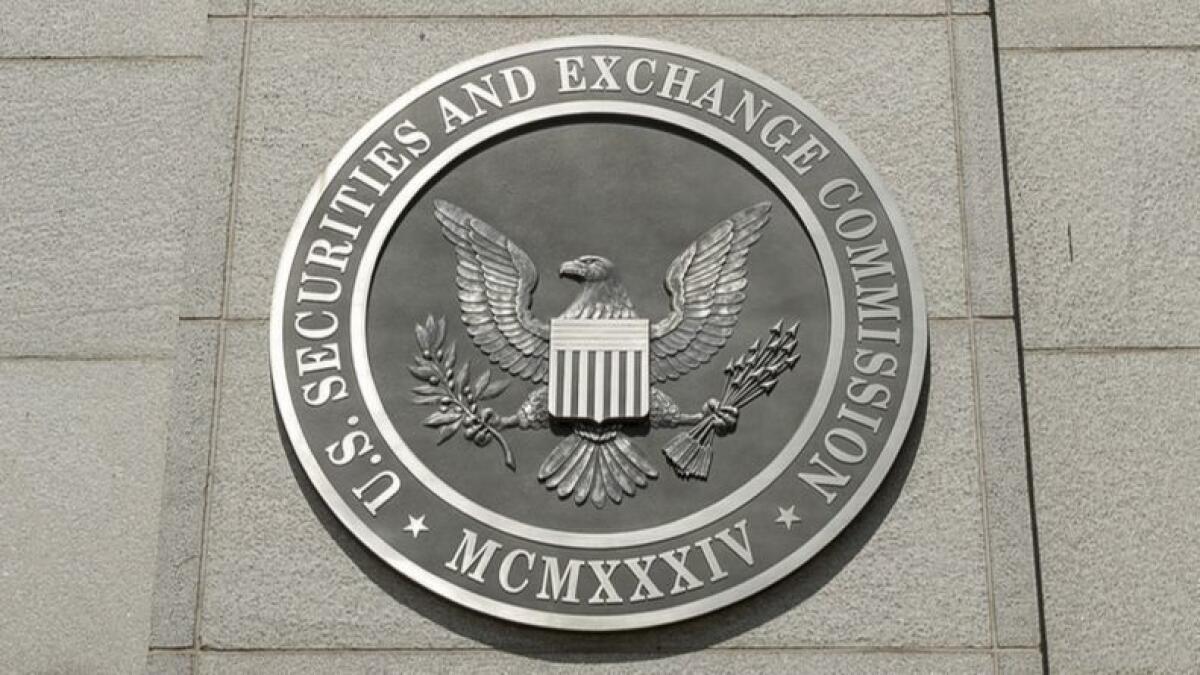Column:: SEC’s new ‘best interest’ rule is just a guideline, and not best for investors

- Share via
There is much to be said for the fiduciary standard of care for investors, meaning that those in the business of selling investment advice and services put their customers’ interests first. It makes perfect sense that the people who buy financial services want a level of care closer to what a lawyer provides than a used-car salesman.
There now are two different standards of care for investors. Registered Investment Advisors, or buy-side asset managers, must meet the fiduciary standard mentioned above.
The other standard applies to brokers, or the sell side, and is known as suitability. It was created by the industry’s self-regulating organization, the Financial Industry Regulatory Authority, or Finra. We could go into a lot of detail about what the suitability standard actually is, but the real problem with it is that it doesn’t address broker conflicts.
The Securities and Exchange Commission recently tackled this issue and came up with a set of rules that can only be described as a win for brokers. The new Regulation Best Interest proscribes some of the most offensive sales tactics of an industry replete with them. No more free trips to the Bahamas for brokers who sell lots of their firms’ garbage to investors.
The bad news is that this new industry-dictated rule does too little to improve the quality of advice so many investors receive. It also doesn’t resolve who is an advisor and who is a salesperson.
But maybe we don’t give investors enough credit; they seem to be figuring out on their own that much of the investment industry in no way has their best interests in mind. This may be one reason so many people have been moving billions of dollars from expensive actively managed funds to low-cost passive funds. In other words, money is shifting from the sell side to the buy side.
Why is this happening now? Passive index investing has been around for almost five decades, but it has become wildly popular in the past decade or so. Could it be that investors started making a connection between the accounting scandals of the late 1990s, the analyst scandals of the early 2000s, then the initial public offering spinning scandal, the mutual-fund timing scandals, the Bernie Madoff Ponzi scheme and, of course, the subprime scandal and the financial crisis?
It might be a stretch to say that any of these were caused by active stock picking. But then is the shift in money to passive strictly coincidental? My thesis is that the investors who dealt with fiduciaries suffered much less from these events, and some of the investing public began to notice that.
If this theory is true, it might explain why the brokerage industry was so intent on pushing through these rule changes. I suspect this is all about marketing and image management for the brokerage side, and not about what level of care those who sell financial services owe to investors.
Trump killed the fiduciary rule. Sales of questionable investment products soared »
Here’s how I see it:
Consider the name alone, Regulation Best Interest. If you were crafting a name to be confusing and misleading, to muddy the water vis a vis the fiduciary standard, this would be it. And yet, the rules are not a formal regulation — they’re just industry-drafted guidelines — nor do they require doing what’s in the client’s best interest.
In a way, what’s surprising is that this is happening now. Normally, when a self-regulating industry pushes through a new set of rules, it’s because it’s trying to head off a more restrictive set of rules mandated by government. That wasn’t an issue here on the federal level. Under President Trump, the industry faces an environment of eased regulation compared with the prior administration.
That may not be the case, however, on the state level. The regulatory rollback has led some states to begin imposing tighter rules. Nevada, for example, requires brokers to function as fiduciaries; Massachusetts is preparing its own fiduciary rule; and New Jersey is setting its own investment-advice standards. Even New York has proposed that sellers of life insurance and annuities act in the best interest of clients.
The brokerage industry, inevitably, is going after these state rules. This tells you all you need to know: Regulation Best Interest is less about investor protection than it is about protecting industry profits.
Investor advocates have long wanted one set of rules to apply to both advisors and brokers: that anyone handling money put investors’ interests first, with no ifs, ands or buts. This new rule offers some window dressing, but it does nothing to move in that direction.
More to Read
Inside the business of entertainment
The Wide Shot brings you news, analysis and insights on everything from streaming wars to production — and what it all means for the future.
You may occasionally receive promotional content from the Los Angeles Times.










